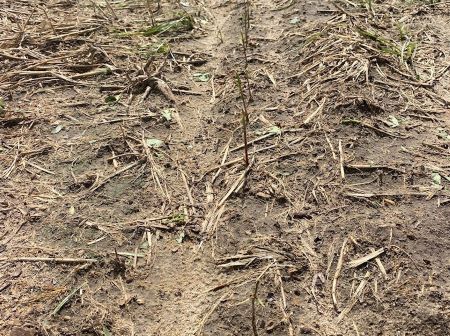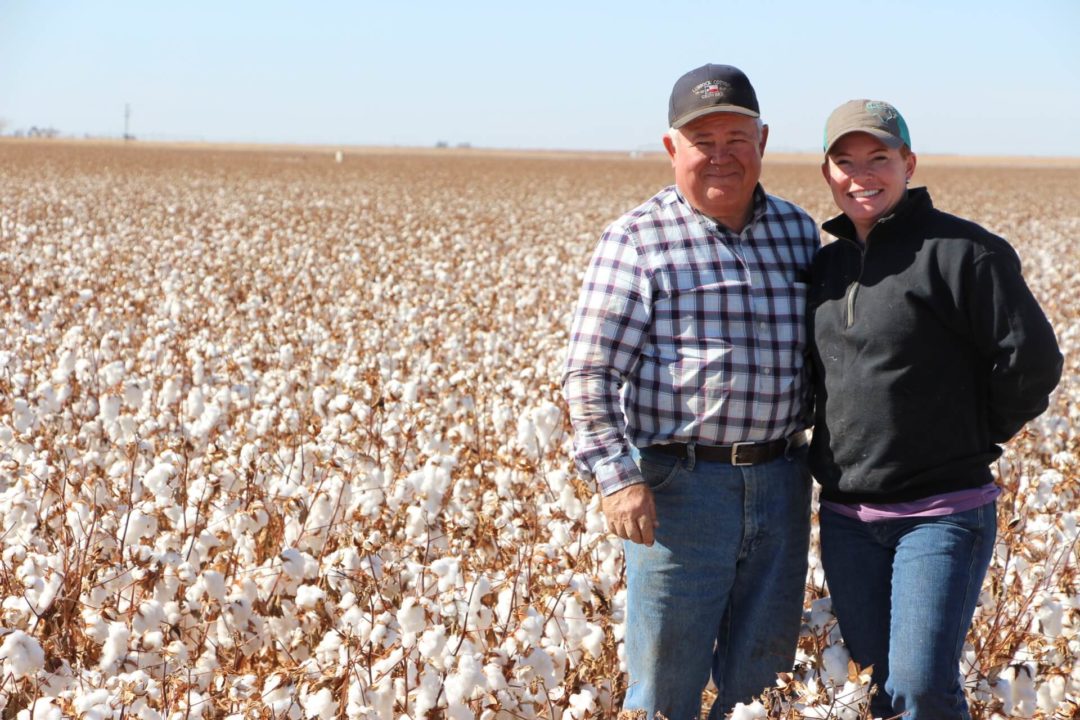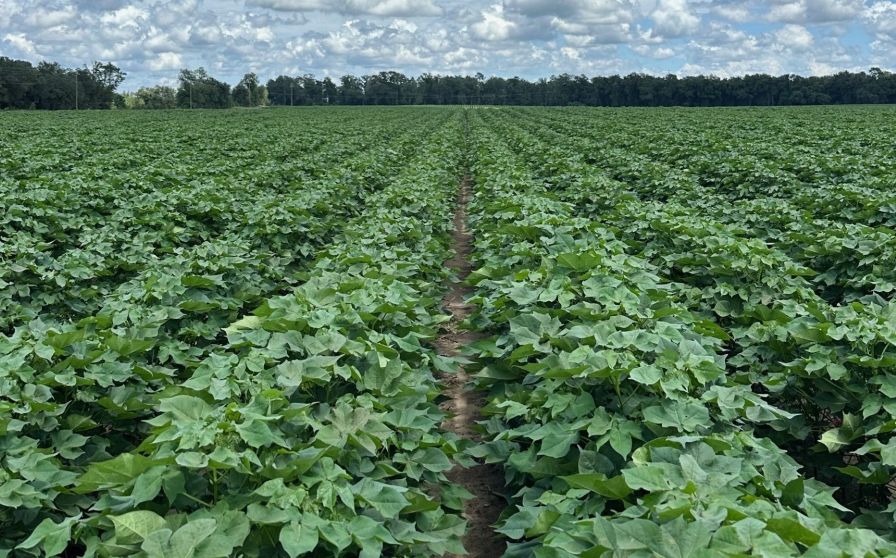Transform Section 18 Approvals Continue for Cotton, Sorghum
The EPA has approved additional Section 18 emergency use exemptions for use of Transform WG insecticide in cotton- and sorghum-producing states.
To date, Section 18 exemptions for cotton production have been approved for Arkansas, Louisiana, Mississippi, Missouri, North Carolina, Tennessee, Texas, Virginia and select counties in Alabama.
Alabama, Colorado, Georgia, Kansas, Kentucky, Louisiana, Mississippi, Missouri, North Carolina, Texas and Virginia have also received Section 18 approvals for sorghum.
Applications for Section 18 use in additional states are pending.
Transform provides growers with an effective tool for controlling sap-feeding pests, including major problems such as tarnished plant bug in cotton and sugarcane aphid in sorghum.
Louisiana crop consultant Hank Jones with RHJ Ag Services, LLC, said the Section 18 emergency use exemptions are crucial for growers.
“Transform is a reliable insecticide that offers great control of a yield-limiting pest,” Jones said. “The reliability Transform offers for controlling tarnished plant bug is unparalleled.”
Without Transform, consultants in many areas would have to rely on multiple applications of other, less effective insecticides for control. Having it as an option allows consultants to implement better Integrated Pest Management plans, Jones explained.
Transform controls pests with both translaminar and systemic activity. It has minimal impact on beneficial insects and won’t trigger flare-ups of spider mites or cotton aphids.
“Transform offers consistent performance and an alternate mode of action desperately needed to control the most economically important cotton pest,” said Angus Catchot, Extension entomologist at Mississippi State University. “If we did not have Transform, we would rely more frequently on organophosphates and carbamates mixed with pyrethroids, which flare secondary pests, requiring even further control measures.”
Based on information provided by Corteva Agriscience









